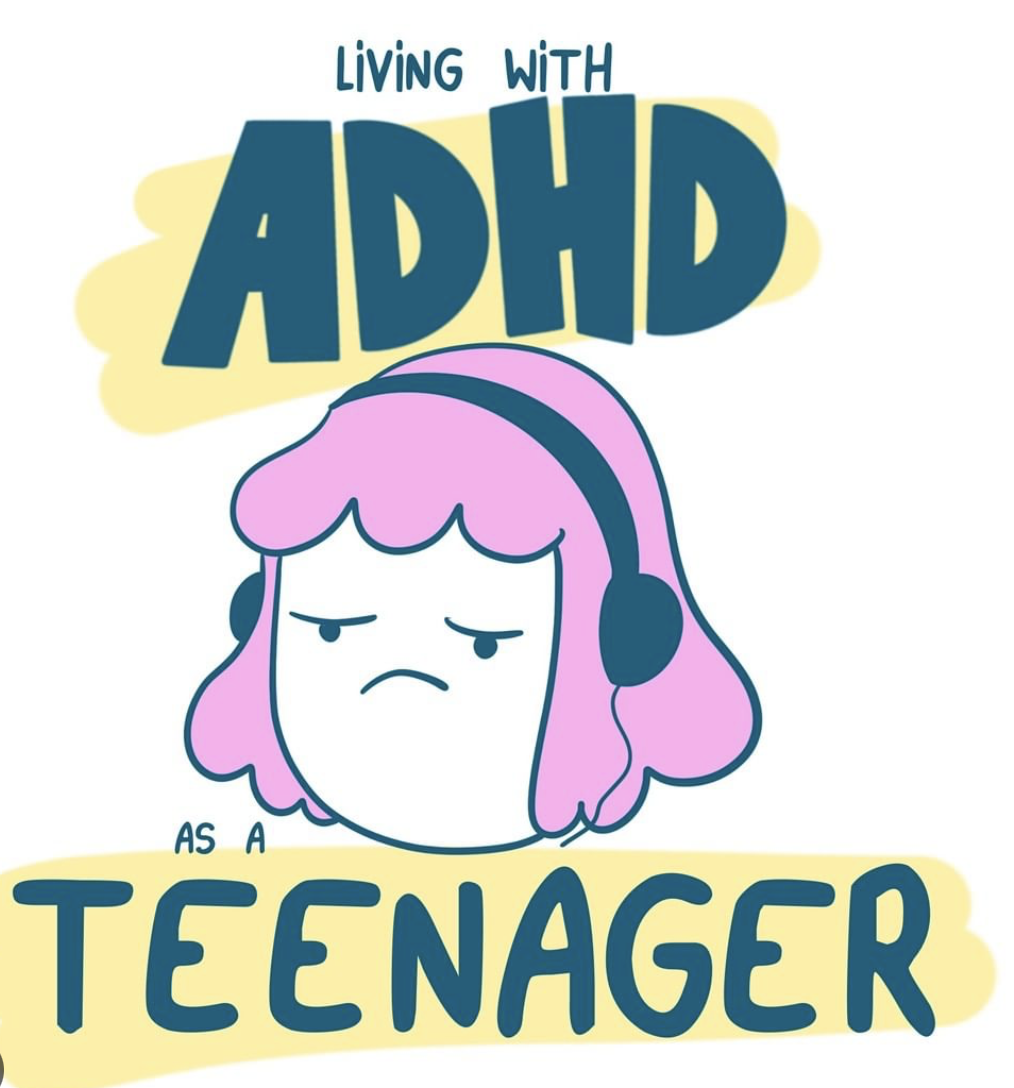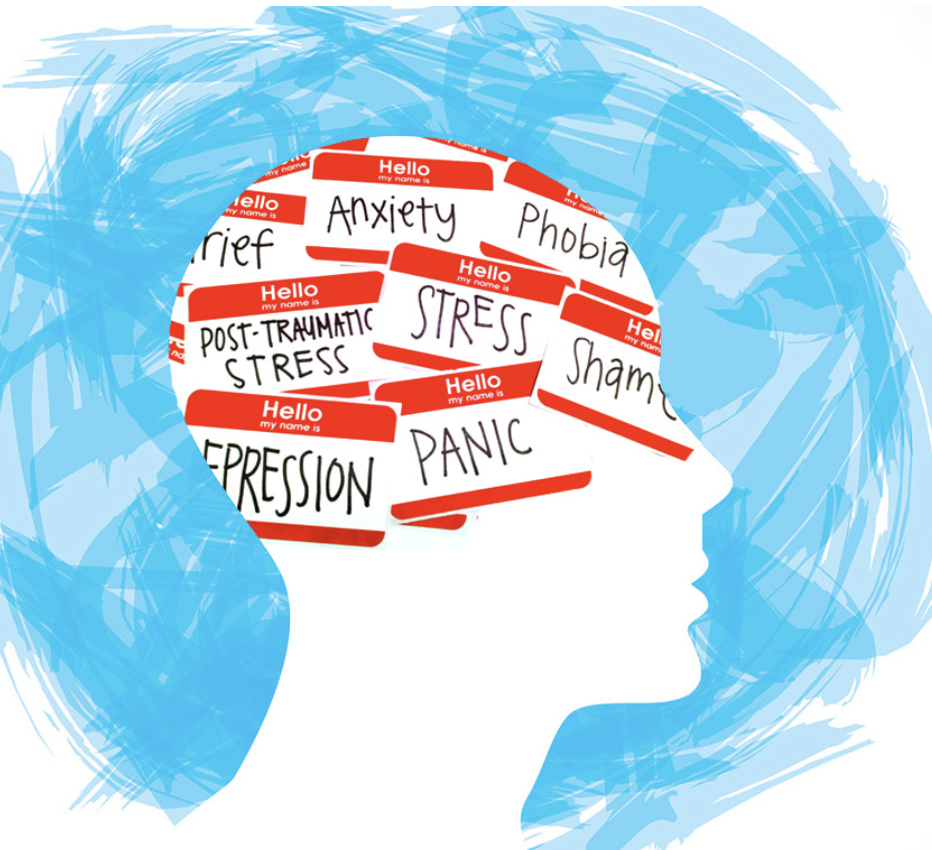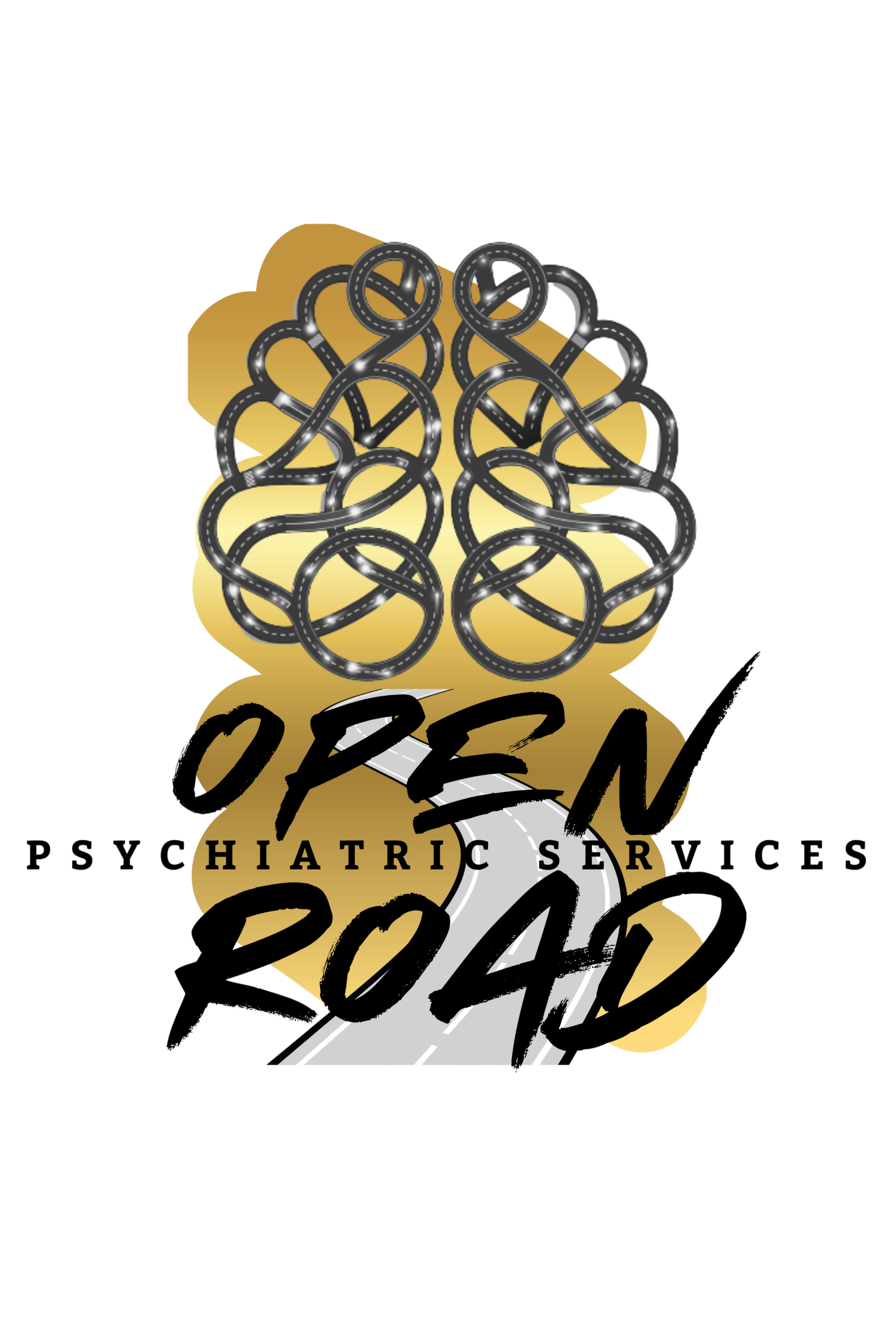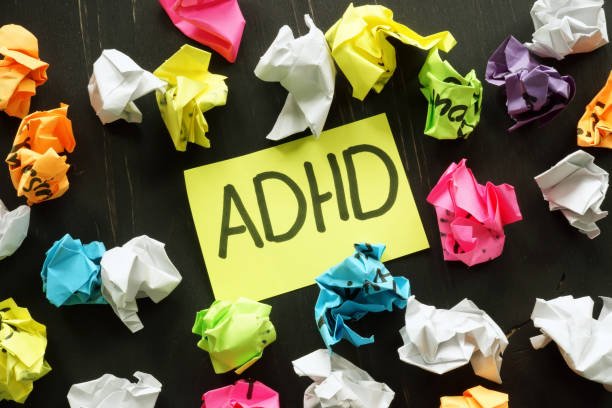
When ADHD Masks as Anxiety or Depression in Teens: What the Research Says
“Teenager struggling with ADHD symptoms misdiagnosed as depression”
“Overlap of ADHD and anxiety symptoms in adolescents”
“Psychiatric provider evaluating teen for ADHD and depression”

Rising Suicide Risk Among Teens in Chester County: What Every Parent Should Know
“Teen mental health awareness in Chester County Pennsylvania”
“Suicide prevention and resources for teens in Chester County”
“Warning signs of teen depression and self-harm”

Swipe right on Open Road Psych
“Open Road Psych telehealth psychiatric care in Pennsylvania, Massachusetts, Delaware, and Florida”
“Psychiatric nurse practitioner supporting patients with ADHD and anxiety”
“Compassionate psychiatric provider offering personalized treatment online”

Why don’t we care about folate?
Folate is more than a “pregnancy vitamin” — it’s one of the most important nutrients for your brain. It fuels the production of mood-regulating chemicals, repairs brain cells, and helps protect against inflammation. But here’s the problem: a normal folate blood test doesn’t guarantee your brain is getting enough. Issues like MTHFR gene variants, folate receptor antibodies, and chronic inflammation can block folate from crossing into the brain, leading to symptoms like low mood, brain fog, and poor focus. At Open Road Psych, we look deeper than standard labs to uncover folate problems that could be holding back your mental health.

When “Normal” Isn’t: Subclinical Hypothyroidism and Mental Health
Struggling with brain fog, fatigue, or anxiety—but told your thyroid labs are "normal"? Subclinical hypothyroidism may be the missing link. Learn how this often-overlooked condition affects mental health, especially in women, and how Open Road Psych can help you get answers—and relief.

Perimenopause, Menopause & Mental Health: You’re Not Just Tired, Crazy, or Lazy—You're Hormonal, and It's Real
Perimenopause and menopause aren’t just about hot flashes—they can completely upend your mental health. If you're between 35 and 55 and feeling exhausted, emotionally volatile, foggy, unmotivated, or suddenly unable to focus, it's not in your head. Hormonal shifts during this time impact everything from mood and memory to executive functioning and dopamine regulation. Many women experience what feels like a personality change—crying spells, brain fog, chronic fatigue, and even symptoms of ADHD that were never there before. These changes are real, and they’re backed by research. Yet, they’re often dismissed as “just stress” or “normal aging.” This post breaks down the science of what’s happening in your brain and body during perimenopause and menopause, why so many women are misdiagnosed or ignored, and how hormonal changes uniquely affect mental health. It’s not weakness. It’s not overreacting. It’s real—and it deserves to be understood.
